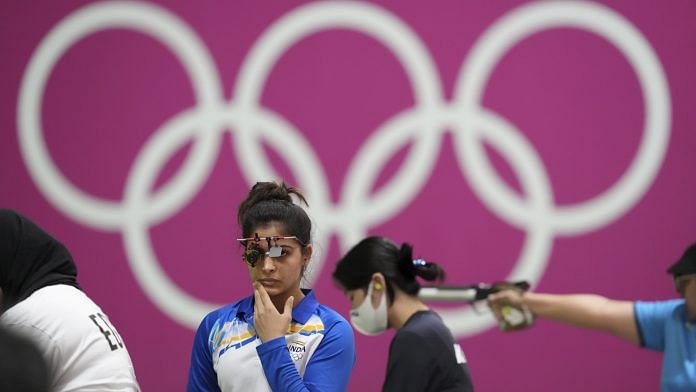The ongoing Tokyo Olympics has once again brought up a burning question – why, despite being such a big country with diverse population and among the top economies of the world, is India is so bad at the Olympics?
No doubt the question comes up every four years, but are we getting any better? Why is the sporting culture of India confined to few pockets and states like Haryana and Manipur? What sets them apart? It clearly has nothing to do with the physical or genetic make-up of the nation because India is a diverse country and has excelled in sports like cricket.
As a child, I remember tons of classes that I absolutely loved and the ones I didn’t. But I didn’t have a choice really. A few of my friends growing up were good at some of the sports, but they hardly went beyond the district level because none of the sports was as important as mathematics. Now I often think why not? Why can’t badminton or carpentry be placed at par with mathematics? The new education policy is surely a bit of a step in the direction, but what is needed is not merely change in policy, but a change in our culture and mindset.
Even then, is India excelling at mathematics or sciences? I am not undermining the individual achievements of those Indians who have made great strides, but more often than not, many great Indians minds are found doing great things outside India.
Grades vs knowledge
According to the Annual State of Education Report, 2018 published by Pratham, only half the students of 6th-grade could read a 2nd-grade text, while only one-fourth of 6th-grade students could solve 2nd-grade two-digit subtractions. Over 80 per cent of engineering graduates are not actually employable according to many reports.
I personally believe that this has to do primarily with the Indian education system’s preoccupation with grades or marks over knowledge and skills. Just like the health sector, the ongoing Covid pandemic has also brought to light the inefficiency of the Indian education system. Indians often seem to confuse education with intelligence. The pandemic has seen many student protests outside colleges and universities against holding exams but none of them were against the loss of learning or for access to knowledge. It was all about marks.
Now, this is obviously because of the deep-seated belief among students that marks will get them where they want to be in life and not actual skills. This obsession with marks accompanied by the dearth of skills and knowledge often leads people to adopt unfair means to meet ends, thus opening the doors of corruption.
Moreover, primary school education in India is mere spoon-feeding.
Also read: Biles’ Olympics withdrawal is an act of courage. Only Gen-Z will understand why
Freedom and opportunity
Education should be more than knowing what is already known. It should be about being able to think and create new ideas. When students are merely fed notes that they throw up in the exams to raise grades, their imagination and creativity are being chopped off at the very root. They aren’t even able to think about what they actually want to develop or even do, be it sports or sciences.
When society values and appreciates skills, it automatically creates superstructures to promote them. For instance, the society that believes in idolatry organically comes up with big and small temples. It doesn’t need policy push. Even we have created such superstructures around cricket. Similarly, Manipur, where sports is highly valued, has developed many community sports clubs run entirely by community volunteers. This creates a perpetual chain that often gives birth to great sportspersons without any external push whatsoever.
Thus, the need is for freedom and opportunity, and freedom of opportunity – to choose, grow and develop.
In the words of Rabindranath Tagore, “Where the mind is led by thee into ever widening thought and action, into that heaven of freedom, my father, let my country awake.”
Lipika Dhakal is a student of Regional College of Nursing, Guwahati. Views are personal.



